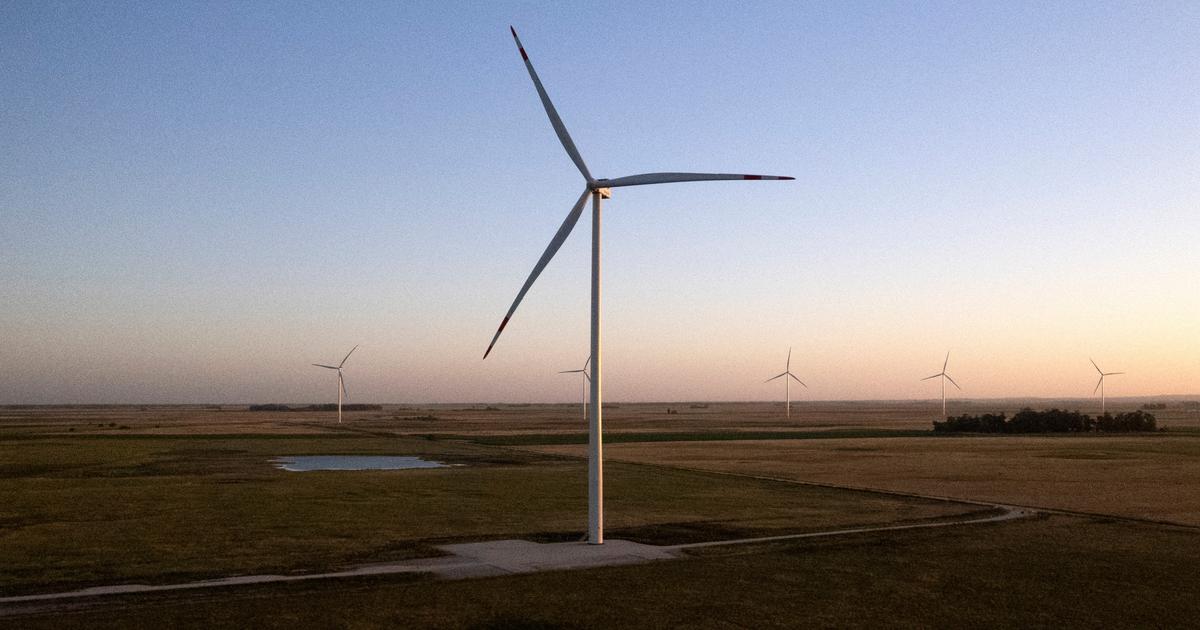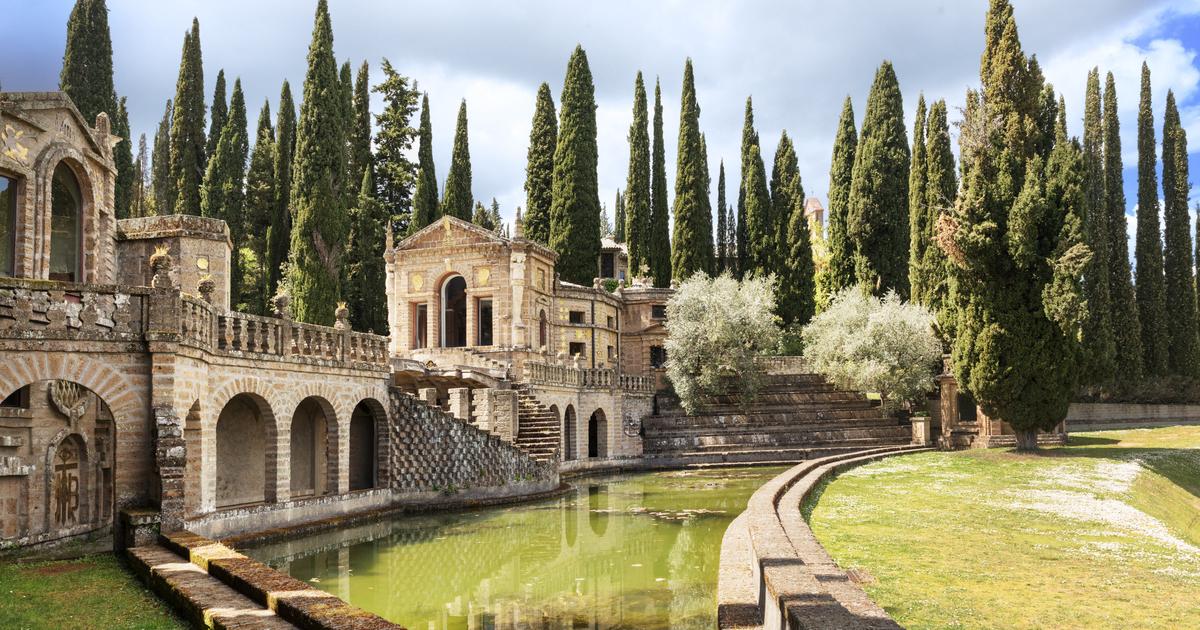Plastic covers the Venezuelan lake of Maracaibo, the largest in Latin America.Henry Chirinos (efe)
Just one hundred years ago, in the month of December, an accident occurred in an exploratory well on the eastern coast of Lake Maracaibo, in western Venezuela.
The event gained immediate notoriety throughout the world for its spectacularity and for all that it meant for Big Business to have secured a region with true productive potential.
The column of light crude jet rose 40 meters above the wellhead with a flow of one hundred thousand barrels per day and for nine days it could be seen with the naked eye from Maracaibo, 45 kilometers on the other side of the great lake.
The explosion was the product of the accumulation of gases during a pause of several months that imposed an obstruction in the well, less than 500 meters deep.
When drilling finally resumed, gases burst their way in, causing the wooden winch of the Los Barrosos #2 well to rupture into a thousand pieces.
Before the operators managed to control the incident, more than 900,000 barrels of light crude rained down on an area of more than 300 hectares.
It could, then, be said (as does our Francisco Monaldi, from Rice University, in Texas), that the oil industry burst into the life of a very poor, barbaric, and malarial country thanks to a drilling accident.
Before the end of the decade of low prices and an explosion in global demand, the country was already among the leading producers in the world.
My generation is contemporary with the Suez crisis, the creation of Opec and the rise in prices that followed the Yom Kippur War in 1973. We became adults with the nationalization of the industry and the creation, in 1976, of the ineffable Petróleos de Venezuela, PDVSA.
It was just then that Terry Lynn Karl, a young political science master's student at Stanford University, made a pilgrimage to Caracas just to meet Dr. Juan Pablo Pérez Alfonzo, the so-called "father of OPEC."
Interest in the role that, since its founding, OPEC had played in the geopolitics of the Cold War was growing at that time in American universities.
The embargo against the West decreed by the Arab members of OPEC at the end of 1973 finally materialized the idea of "oil as a weapon" that had taken hold in the Arab world with the definitive strengthening of the cartel of producing countries achieved at the beginning of that decade.
Mindful of all this, Terry Lynn Karl was working on a doctoral thesis on the producer cartel.
Karl tells that Pérez Alfonzo told him: “Forget about Opec, young man.
It is a very boring topic.
Study better what oil does to our countries.
What he's doing to us.
Look around you, in twenty years we will be in ruins!
Terry Karl accepted the suggestion to forget about Opec and immediately redid his plans to undertake research that, after a few years, resulted in a seminal book:
The paradox of plenty: oil booms and petrostates
, published in 1997 by the University of California.
It has not yet been translated into Spanish.
The paradox of abundance: the booms and the petro-states
is a superlative study of comparative economic history that goes back to the Spanish-American and European seventeenth century before guiding a detailed, hot examination of state "conducts", of the mentality of the civil service and the turbulent conditions in which the governments of many exporting nations made decisions during that price boom.
Karl's book is today a canonical text covering the ups and downs of two almost consecutive high price cycles, the one that began with the '73 embargo and the 1981 boom, the latter sparked in large part by the Iran-Iraq war ( 1980-1988).
Karl examines the institutional performance of nine oil-producing countries during those booms.
Some of the countries examined were already members of Opec at that time;
others not.
These are nations with histories, institutions, and cultures as disparate as those of Nigeria, Iran, Iraq, Gabon, Algeria, Ecuador, Indonesia, and most notably Norway.
The take-off platform for this ambitious comparative study was precisely Venezuela.
The researcher frequented the country for five years from the same Year I of nationalization.
When I read it for the first time, when it appeared at the end of the last century, I felt that I was facing a treatise on the volcanology of the petrostates and, also, a log of our subject lives of the price cycle for a century.
The passage of time has not dispelled that impression.
Subscribe to continue reading
Read without limits
Keep reading
I'm already a subscriber

/cloudfront-eu-central-1.images.arcpublishing.com/prisa/7VPFHAZSNRNX7OTUT2R47WHBYQ.jpg)
/cloudfront-eu-central-1.images.arcpublishing.com/prisa/AFLYZDTUIJETROGK67SU5F4OOA.jpg)






